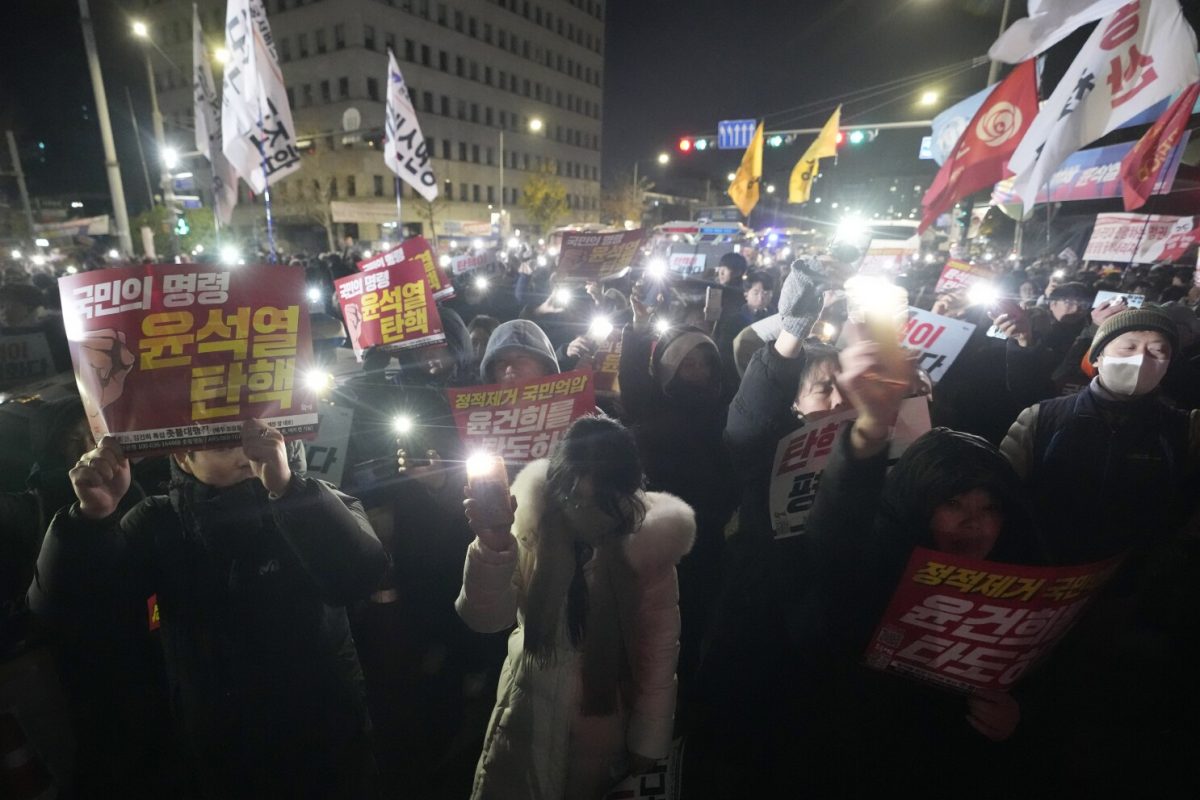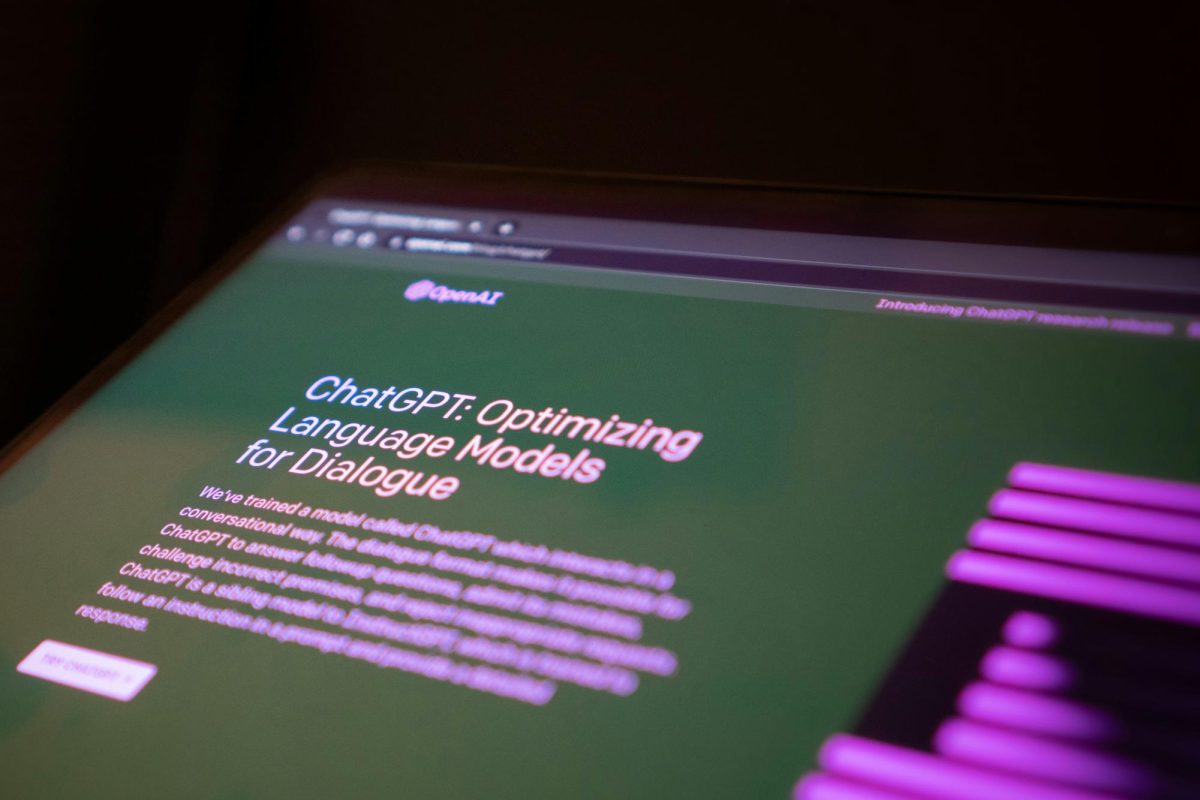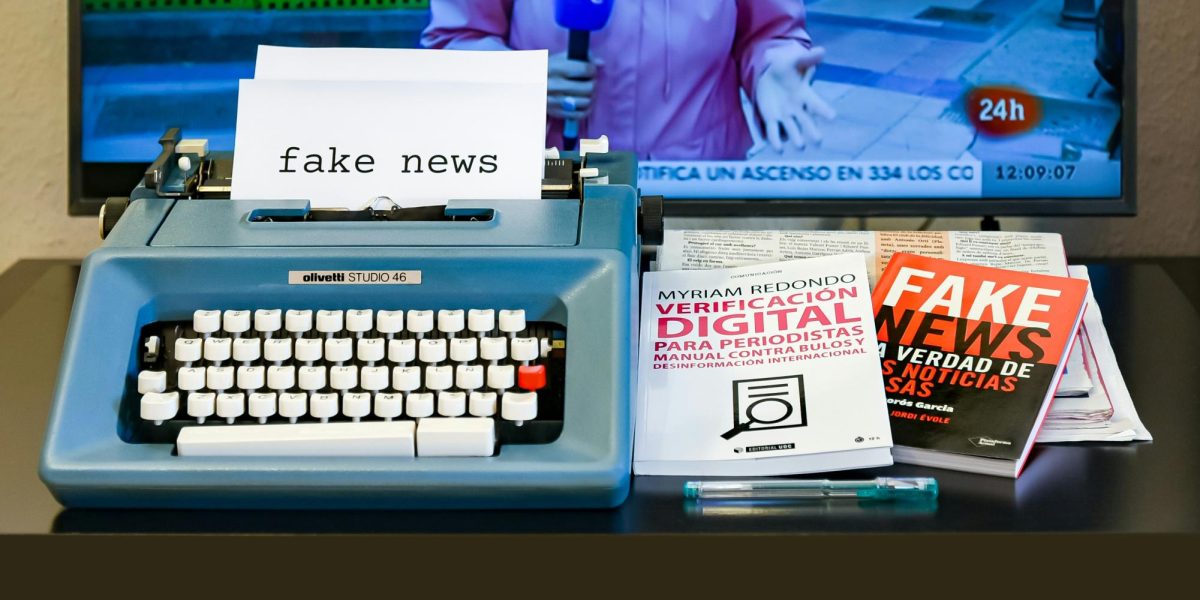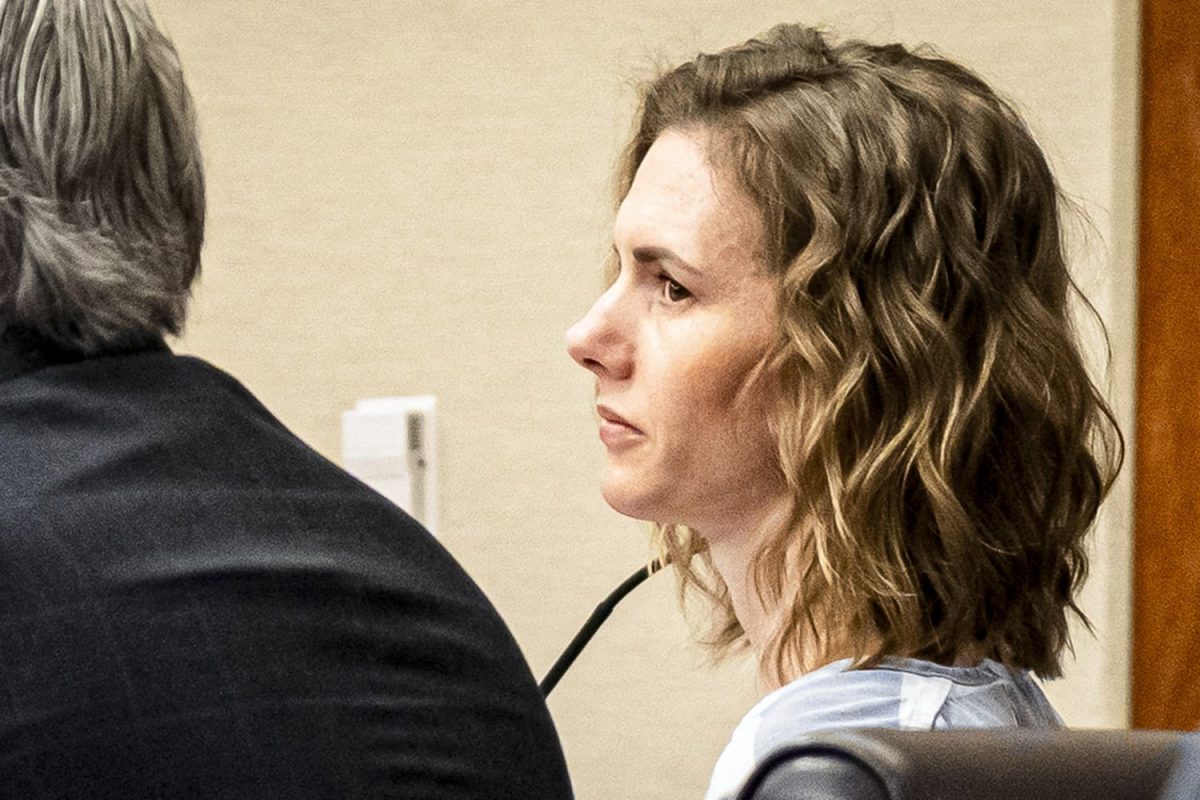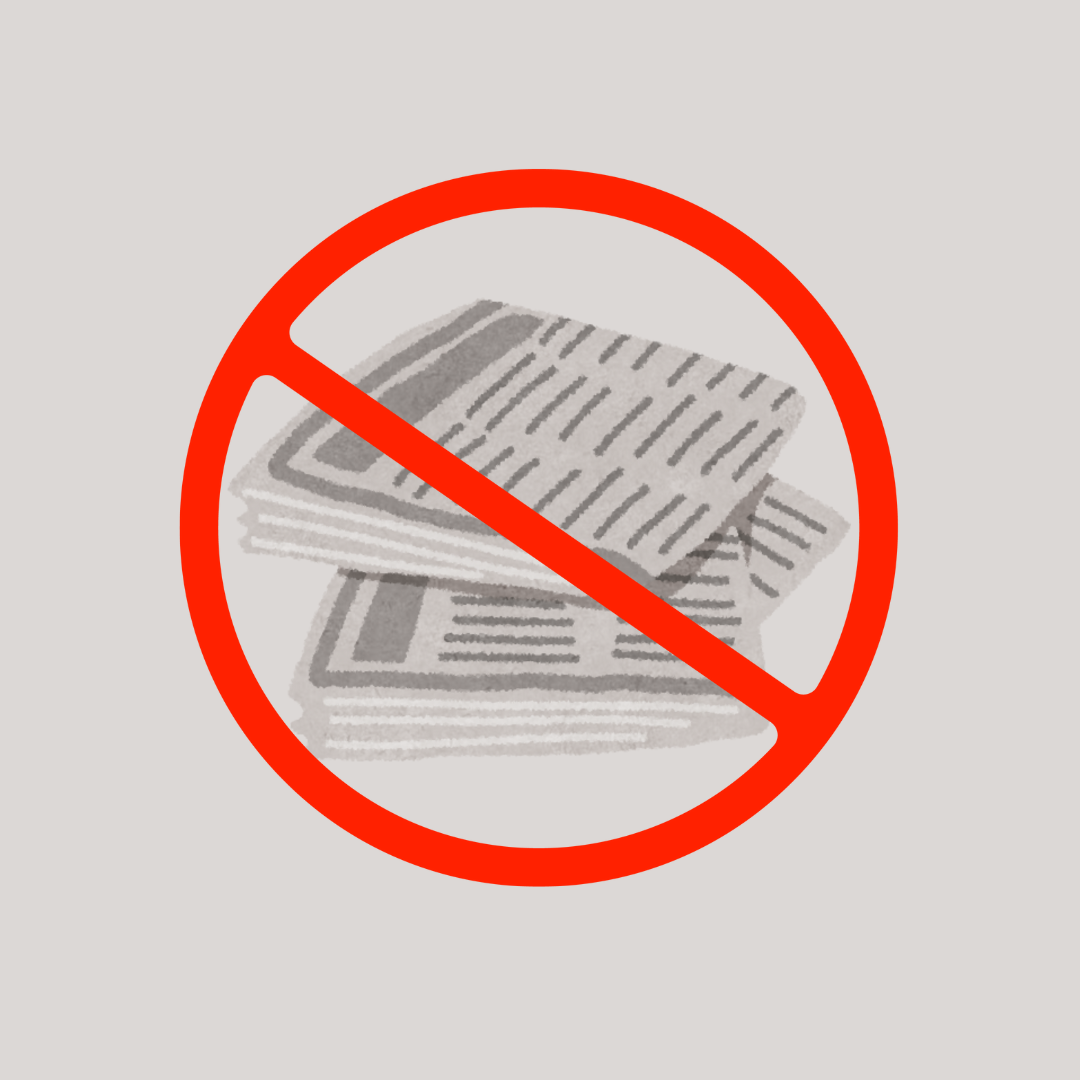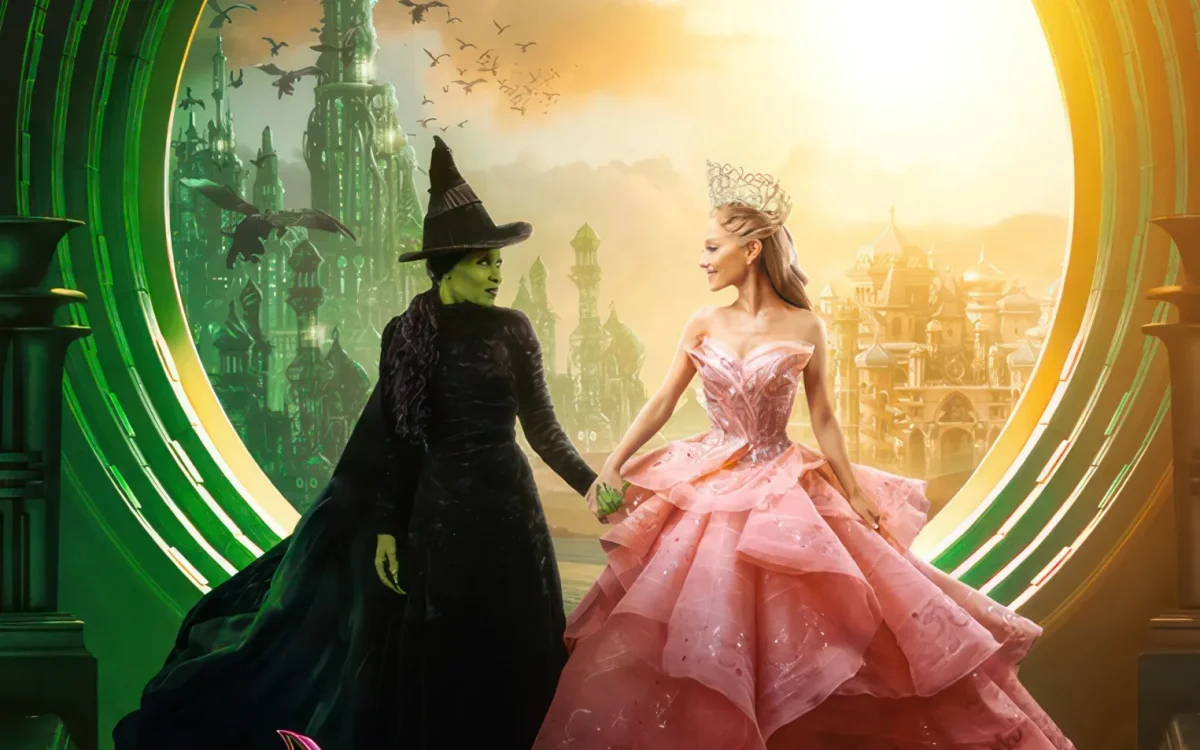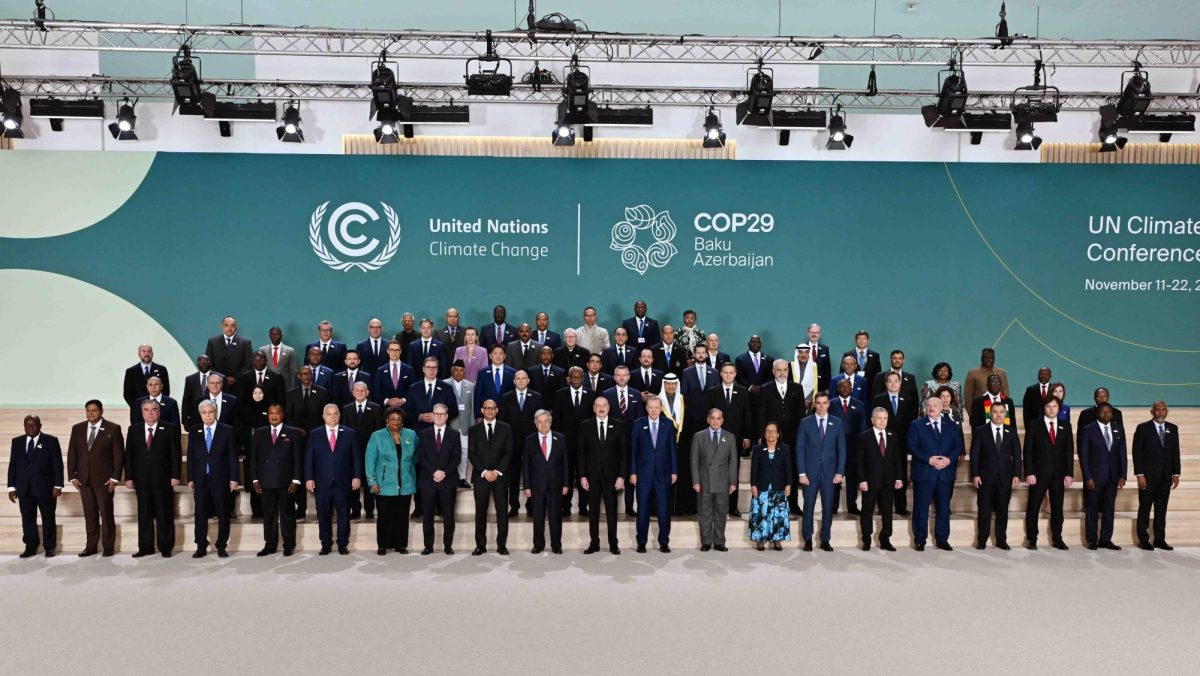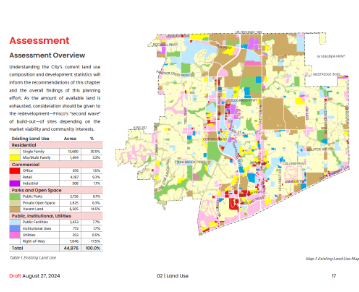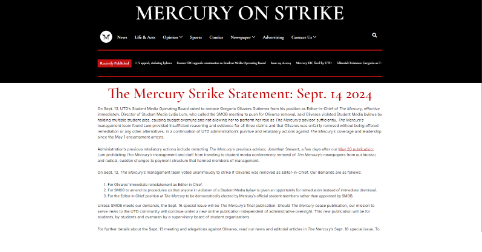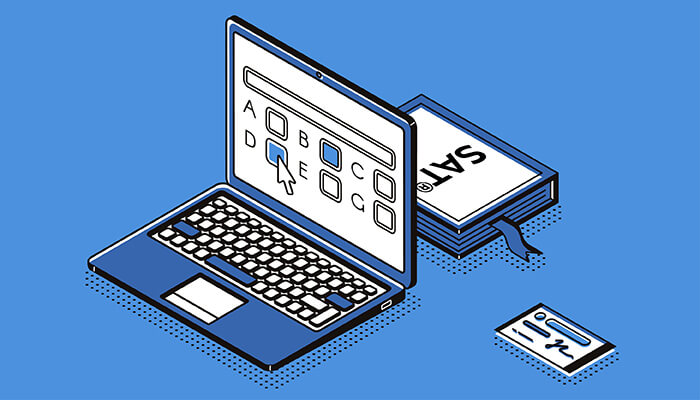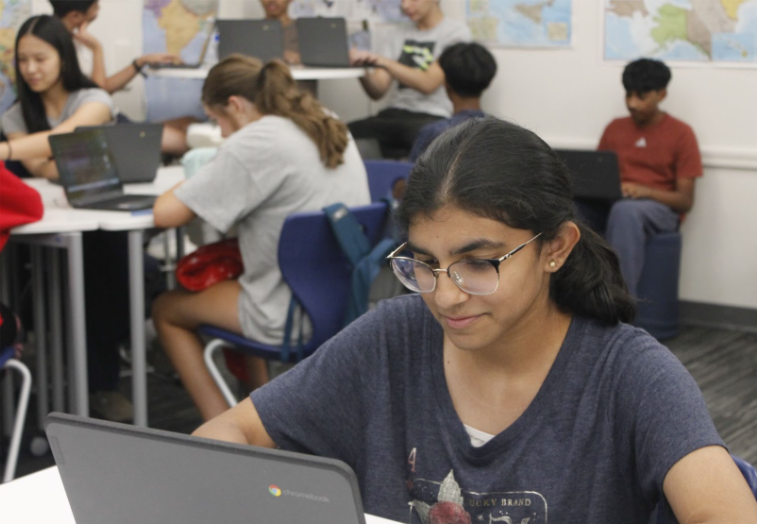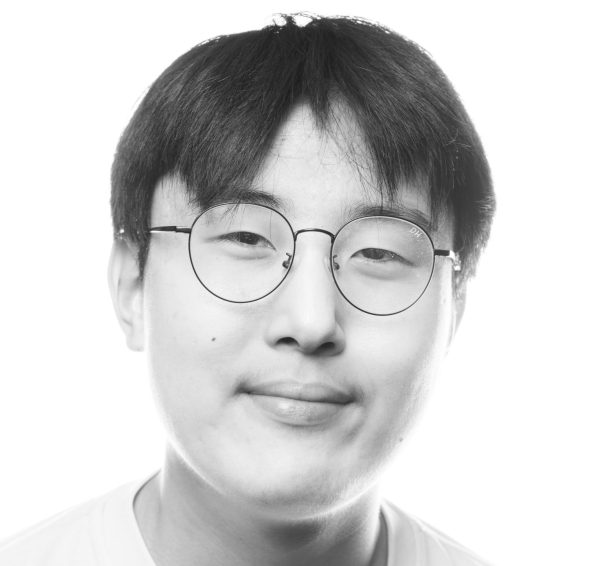FRISCO, TEXAS – On Dec. 3, 2024, South Korean President Yoon Suk Yeol interrupted nightly television broadcasts nationwide with a dramatic announcement declaring martial law. He claimed South Korea needed to be protected from what he described as “pro-North Korean and anti-state forces” threatening South Korean’s freedom and constitutional order.
President Yoon accused the National Assembly of being “a den of criminals,” alleging that it is an attempt to “paralyze the nation’s judicial administration system through legislative dictatorship and overthrow[ing] the liberal democracy system that prey upon the freedom and happiness of our people, and protect the free constitutional order.”
The declaration of martial law by President Yoon is an unprecedented move that hasn’t occurred since 1987 when South Korea officially ended authoritarian rule and became a shining beacon of democracy in East Asia.
Under Article 77 of the South Korean constitution, the president of South Korea has the authority to declare martial law under the conditions that the country is in armed conflict, or faces a similar national emergency where public safety and order are at risk.
From the perspective of many South Koreans, this declaration of martial law by President Yoon comes as a shock, threatening the nation’s democratic status. Luckily for the South Korean people, the entire fiasco only lasted a few hours, ending without incident. Not a single shot was fired, and not a single person was arrested or injured. It’s a testament to how far democracy has come in South Korea. Media activity and protests under martial law should have been suspended in theory, but incredibly under these pressing circumstances, the freedoms of democracy prevailed, with the rights of citizens’ freedom of speech, protest, and the press kept intact.
Achieving democracy was not an easy process for South Korea. After the Korean War ended, the Republic of Korea (South Korea) was officially founded and led under authoritarian rule. From its founding to 1988 when Roh Tao Woo became the first democratically elected president of South Korea, there were several coup attempts carried out by military leaders like Park Chung Hee, leading to multiple declarations of martial law.
Throughout South Korea’s relatively short history, there have been 16 declarations of martial law, leading to events like the Gwangju Uprising, resulting in scenes of brutal military force.
President Yoon’s declaration of martial law, albeit short, ending in a matter of hours after the National Assembly voted to end martial law in a 190 – 0 vote, is a stark reminder of the fragility of democracy. Although South Korea’s democracy may be unconventional, being built on the remnants of what was once an authoritative state, democracy in South Korea remains fragile. Yoon’s decision to declare martial law is a reminder of how easily democracy and its freedoms can crumble when a few things go right.
Take Myanmar’s 2021 military coup for example, where the democratically elected leader Aung San Suu Kyi was taken into custody by the military after it claimed there was election fraud, declaring martial law on the country and revoking the hard-earned freedoms of Myanmar’s once democratic state.
Cases like Myanmar’s remind us how democracy can crumble in an instant, and Yoon’s declaration of martial law stoked fears of similar events occurring in South Korea, especially among the older generation, of a return to brutal martial law from the authoritative days. For countries like South Korea who have fought hard for democracy, they must continue fighting for the preservation of the democratic system.
Without checks and balances, a strong constitution guaranteeing unalienable rights and freedoms, leaders in government willing to take a stand against power-hungry dictators, and the efforts of the older generations of Koreans with their protests and uprisings, South Korea would not be able to enjoy its modern-day democracy.
At the time of writing, President Yoon has yet to be impeached. A vote in the National Assembly to impeach President Yoon failed the first time, and a second vote is set to occur. He also faces potential criminal charges for allegedly causing insurrection as a result of his Dec. 3 declaration of martial law.
The current political atmosphere in South Korea right now is tense. Things are uncertain for the Korean people and the future of South Korea lies on their shoulders. Among all the uncertainty, one thing is for certain: if the Korean people are ever faced with a threat towards their democracy, they will fight ‘til the bitter end.


